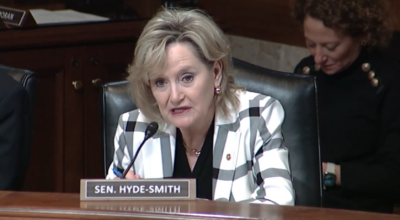Brookhaven’s tax receipts down, but not out — Lower numbers don’t reflect ailing economy
Published 10:06 pm Thursday, March 29, 2018
Tax receipts are down for the city of Brookhaven, but not out of line with other Mississippi cities of comparable population.
Tax diversion receipts for Brookhaven totaled $412,451.02 for the month of February. That’s a marked step down from January and December’s receipts of over $520,500 and $462,000, respectively. However, it reflects historical patterns of lower retail spending in the months following the Christmas holidays and leading up to summer school break.
Receipts for Brookhaven for February 2017 were $463,780.20, more than $50,000 higher than the current year. The same difference is revealed in 2017’s “July 1 to date” receipts versus 2018 — $3.827 million and $3.775 million, respectively.
Ole Brook’s population is approximately 12,500. The cities of Cleveland and McComb are the Mississippi cities closest in population to this total. Cleveland has a population of just over 12,300 and McComb shows up in the census as approximately 12,900.
McComb’s February receipts were $411,070, down $8,000 from the previous year, with yearly totals a full $100,000 behind. Comparatively, Brookhaven does not appear to be suffering economically.
Factoring in any regional differences for the Delta city of Cleveland — receipts were $273,681 for February, up about $3,500 from January and a steady reflection of 2017’s year-to-date totals — the city of Brookhaven is faring well.
Statewide, sales tax receipts totaled over $32 million, an increase of more than $400,000 over February 2017. State year-to-date receipts were $289.9 million, over $1.1 million more than this time one year ago. Mississippi’s economy is growing.
Sales tax has a three-month cycle. In month one, tax is collected by the retailer, then paid to the Mississippi Department of Revenue in the second month. In the third month, the diversion is paid by MDOR to the cities. Reports are based on the month the tax is collected — month two.





